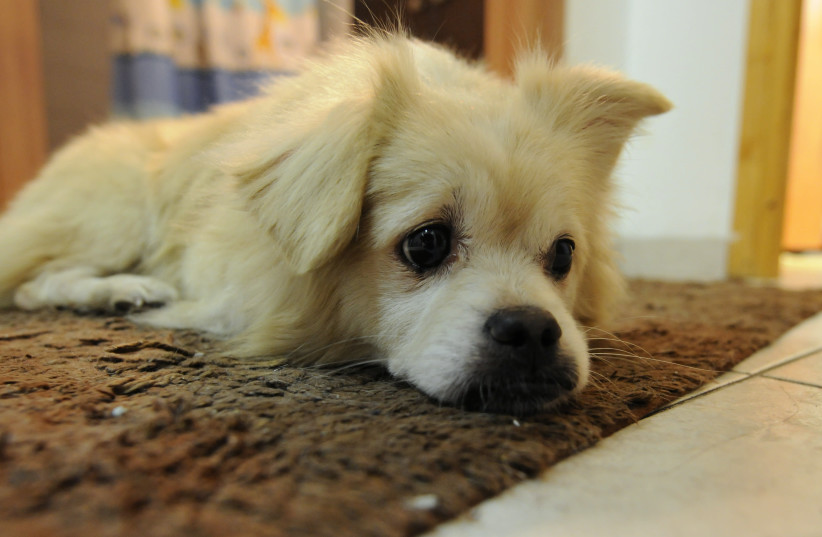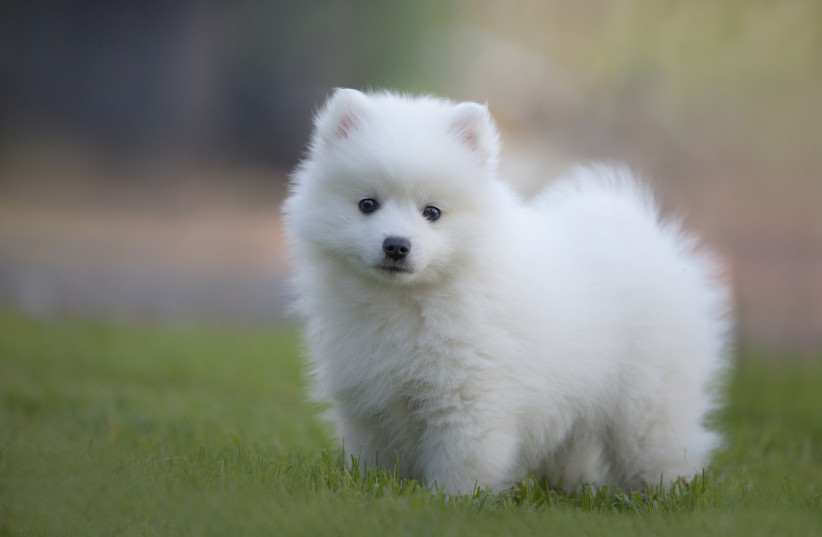In addition to being a man's best friend, dogs can reportedly sniff out those who have COVID-19, according to a new study published in BMJ Global Health on Monday.
The study, which is peer-reviewed, was partly conducted at the Helsinki-Vantaa International Airport in Finland, in addition to a randomized triple-blinded validation trial. The dogs were trained with skin swab samples to detect COVID-19 cases. They involved sniffed skin samples from 114 people who tested positive for the virus and 306 that tested negative with approximately 92% accuracy.
Four dogs overall were used in the study and trained to detect the widespread virus using skin swabs from those who tested positive for COVID.

The study hypothesized that dogs can be used "as a method to save time or even as the sole testing method when other approaches are not yet available." The study could also be used in basic practice against COVID spreading by using scent dogs trained to detect the virus to be placed at public airports and similar mass gatherings.
To properly indicate the virus, the training initially had the dogs being exposed to cans containing positive samples and "taught to indicate a can with a positive sample." Afterward, they were introduced to a negative sample in parallel to the positive one in order for the dogs to be able to distinguish between the two. Treats were used as positive reinforcement if the dogs complied with commands.

Dogs for the study would continue their training at the Helsinki-Vantaa International Airport if they achieved a success rate of at least 4 out of 5 times in detecting positive samples.
It should be noted that at the time of training, the virus variants had not yet emerged in Finland.
